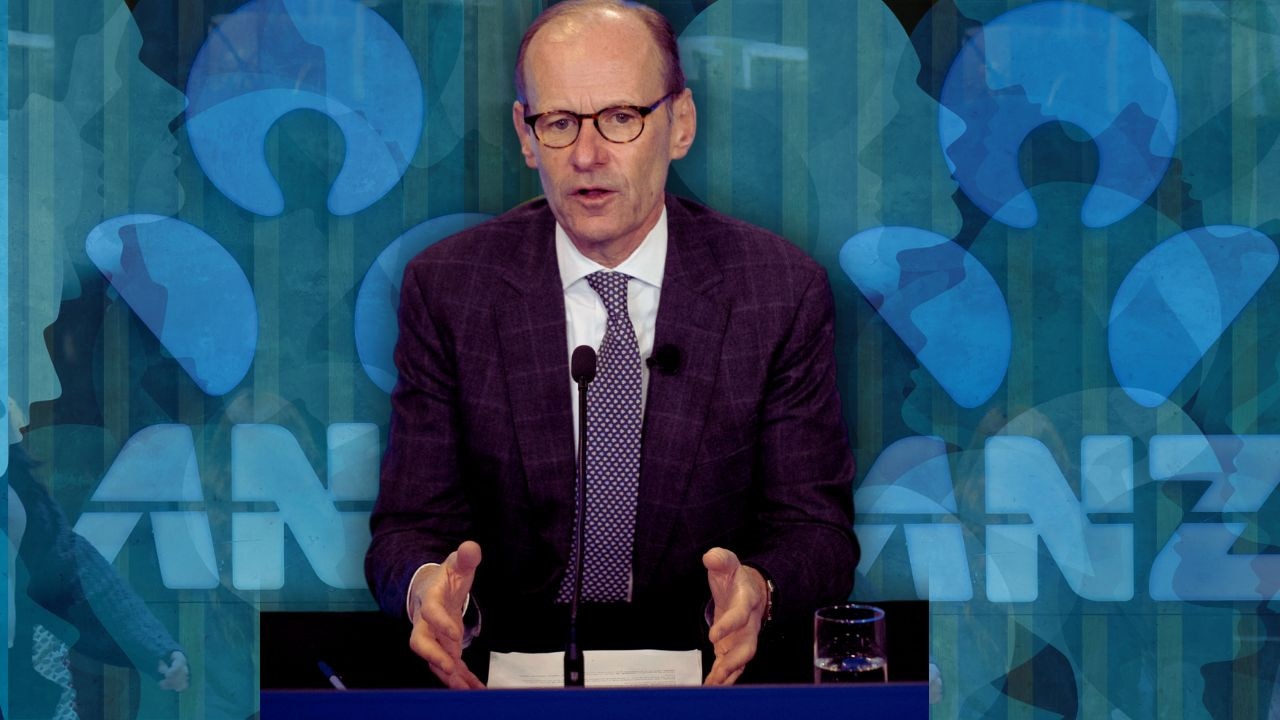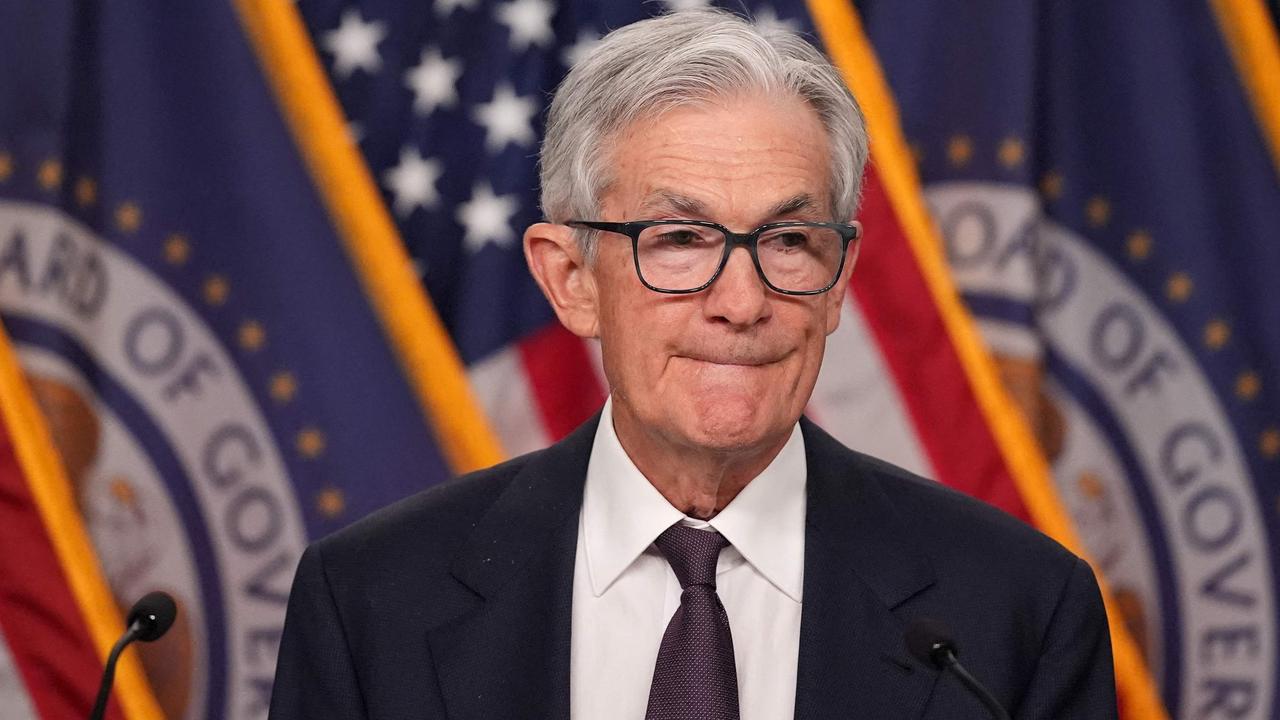North Koreans have had their spirits crushed
China loves to parade its military hardware before its dictator, Xi Jinping. Authoritarian governments need these shows of military might to ward off dangers from within and without. These places always need first-class secret police to snuff out potential enemies and deal with them when they are still a mere nuisance and not a threat.
The Chinese are practised in the art of keeping the diaspora quiet by the threats of brutality and imprisonment that they regularly use to stifle any real criticism. They figure, rightly, that after a few cables are sent in protest against that, the need for redress has been satisfied and the need to continue trade with this vast, growing economy will just keep increasing. No amount of criticism will ever deter China from its chosen course. That criticism will never see the light of day in China because no country, apart from the worker’s paradise of North Korea, has tighter control of the media.
My visit to North Korea left images that are permanently etched into my memory. Massive 10m-high statues of Kim Il-sung, the Great Leader, were everywhere. Pyongyang has the most beautiful metro subway system where every wall is covered in mosaic tiles. But ancient broken-down Russian trucks litter the roads as the regime has long since run out of parts. I was not permitted to take photos of the tiny huts in which many, if not most, North Koreans are forced to live.
The main thing I remember is the fear that was shown as people scattered at the sight of officialdom. Even when there was no space, like on the metro station platform, the people would make a place into which they could melt. In dingy, dark factories dreary, turgid songs praising the leadership would blare out for every minute of their 10 to 12-hour days. No one is allowed to dance or listen to any other kind of music.
This place, more than any other in history, has come closest to completely crushing the human spirit. It’s not much of an accolade, is it? As long as the dynasty continues there is no chance of North Korea once again rejoining humanity, let alone its southern neighbour.
Fear in this instance works both ways. The regime and Kim Jong-un know full well that the only thing that keeps them in business is that any potential plotter can’t work out if there is anyone who can be trusted with details of the plot. People trying to make an impression on Kim are prepared to denounce family members, so pervasive is this climate of fear. He has already murdered one uncle — no one is immune from his random homicidal temper. Until he can deliver a sense of wellbeing to his citizens, Kim will continue to lead a miserable nation, struggling under his yoke.
More and more of his countrymen are discovering how much greener the grass is on the other side of the border. Despite a frantic effort to shield his citizens from using the internet, the truth of the message that the North is no worker’s paradise and is in fact a backward basket case and an impoverished failed state is breaking through.
Borders can be successful in keeping out people your country may consider undesirable. Borders, though, can never stop the spread of ideas, in particular the idea of freedom. When you can practice freedom of expression, including personal criticism of the country’s leader, then you can claim to live in a free society. Too many millions, indeed billions, of people could not make that claim today.
It is not as easy as many may think to recognise a genuinely free press. Russian leader Vladimir Putin claims to allow a free press although through the years some pesky journalists have disappeared in mysterious circumstances.
Even in places such as Malaysia it might tempt fate a little too much if you were to give recently resigned prime minister Mahathir Mohamad a hiding. This nonagenarian still has a mean streak and a nasty bite. He is not the first dictator to jail an opponent, nor will he be the last.
It is an old pattern being tragically repeated. Laos is still a land of extreme poverty. The communists wrecked the place with recession and even some hopeless attempts to reintroduce collective farms despite this idea failing communists everywhere.
John Howard was a really good prime minister. He took on the task of selling the consumption tax to voters. He risked his political life to bring about a reform he was convinced was good for the country. The GST, when combined with Paul Keating’s reforms, means our tax system should remain stable for many years to come.
Like most leaders, though, Howard failed the final test. They never know when it’s time to go. He hung on past his use-by date and suffered the ignominy of not only losing government to Kevin Rudd in 2007 but also of losing his seat. After five or six years in the top job, the incumbent should go when everyone wants them to stay.



When the crunch comes, I am a fatalist. While showing that Australia can defend itself up to a point, we buy a few ships because we don’t make them any more, and we buy some new tanks and a few missiles to show we are capable to sticking up for ourselves. When forced to reckon with reality, we know how reliant we are on the US.